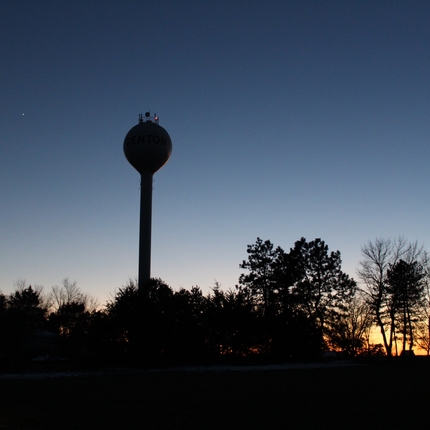By Jordan Rasmussen, former staff member
Access to high speed internet is essential to ensuring equitable quality of life in the modern economy. Two legislative bills introduced this week by Sen. Lynne Walz, of Fremont, seek to close the digital divide in Nebraska.
Currently, the ability for public entities to work with private companies on the installation of fiber optic cable required for broadband internet access is mired by regulation. LB 1113 introduced by Sen. Walz and co-sponsored by Sen. Tom Briese, of Albion, would eliminate these restrictions.
Internet service providers are eager to work in partnership with rural communities and counties to improve access. With the passage of this legislation, municipalities could lay and lease fiber directly if they have a private partner in place to provide the services, at a cost savings to the community, service provider, and the customer.
Also fundamental to the expansion of high speed internet access for rural areas is the ability to pinpoint where service is and is not available. LB 1114 seeks to reinstate requirements for the reporting of broadband service access at a more granular level.
Current reporting standards allow for telecommunications services to be reported at the census block level, which for many rural areas of Nebraska, span entire counties. For example, residents in Taylor may have high speed access, but that does not mean there is access across all of Loup County. Enhanced reporting will provide service providers and municipalities with a more accurate depiction of where investments and build outs are needed.
Funding opportunities and legislative changes are key to the extension of internet access to all residents. The ability to expand broadband access in the state’s rural communities expands social and economic opportunities for Nebraskans.
The Center for Rural Affairs recognizes the opportunities expanded rural broadband service affords, and has endorsed both LB 1113 and LB 1114.





